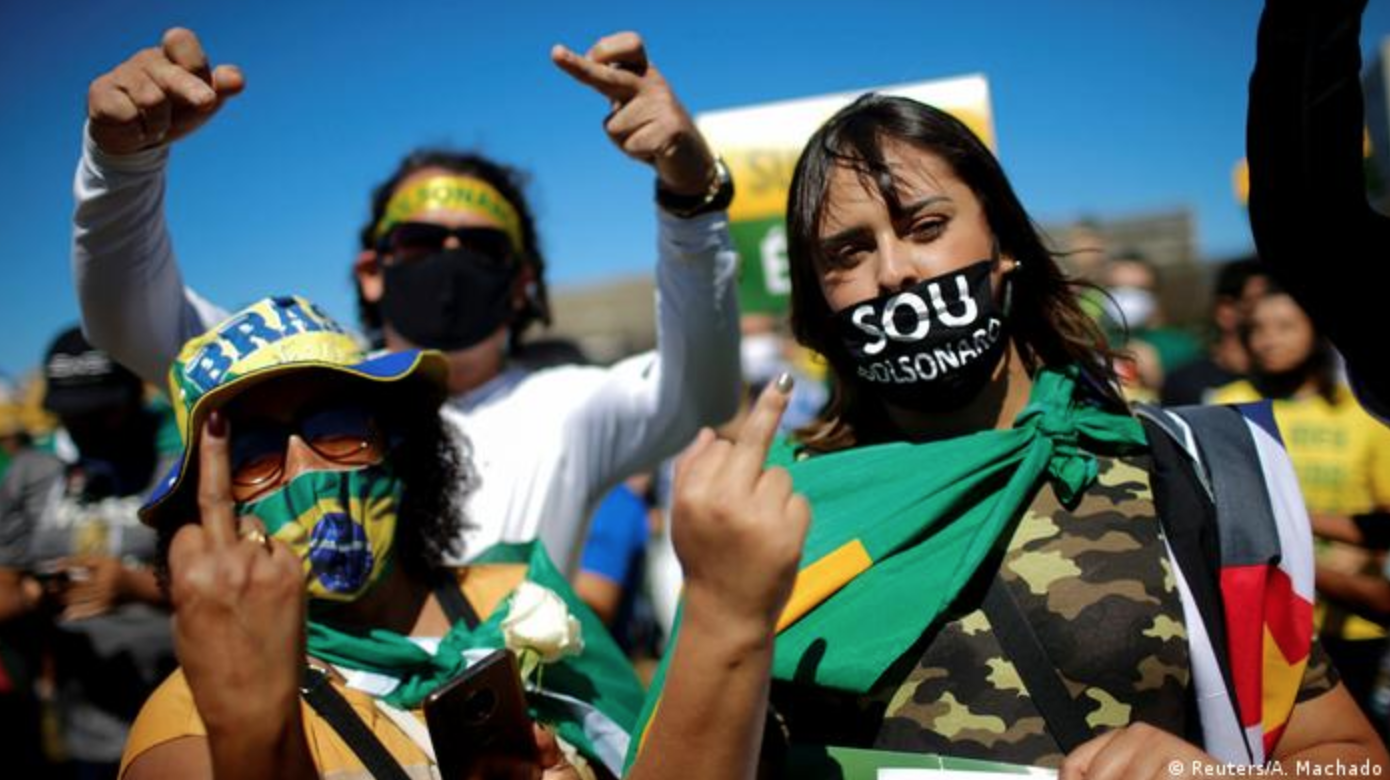After his narrow electoral victory, the closest in Brazil’s history, Luiz Inácio Lula da Silva, aware of the tie, declared that his main task would be to reunify the country. An indicator of this perspective would be the manner in which he would take office on January 1, 2023. Days have passed since this event and the balance is not very satisfactory.
The first negative sign was the confirmation that the incoming president would not receive the presidential sash from the outgoing president. Forty-eight hours earlier, the still president Jair Bolsonaro boarded an Air Force plane bound for Florida, to take a break of several weeks. In Brazil, as in most countries in the region, the reception of the sash from the hands of the previous president is a sign of the peaceful transition of power.
In fact, this has been the case since the recovery of democracy in the South American giant. It was only the last military president, João Figueiredo, who did not want to comply with this protocol when he was defeated by a civilian candidacy in 1985 (against José Sarney, who replaced the elected president, Tancredo Neves, who died before his inauguration).
After his arrival in Florida, Bolsonaro stayed in the house he rents in Orlando and did not want to issue any statement about the inauguration. On Saturday, December 31, he went for a walk in the morning, met with groups of supporters, and had lunch at KFC. His close circle was responsible for disseminating these activities through social networks. It is not known precisely how long the former president will be on U.S. soil, nor what his agenda will be until the last day of January when the transfer of power in Brasília will be concluded.
Meanwhile, President Lula da Silva faced a hectic agenda at his inauguration. Contrary to what was predicted by the radical Bolsonarism, willing to avoid the ceremony by force, Lula walked up the ramp of the Planalto Palace to adjust the presidential sash. There was some expectation among guests and observers as to the tone and content of his inauguration speech. And Lula did not disappoint his voters: he lashed out against Jair Bolsonaro and his government’s agenda, calling his presidential mandate a time of “barbarism”, destruction, and stoning of public funds. Nor did he skimp with the veiled threat to take Bolsonaro to court for his actions during the COVID-19 pandemic.
Regardless of the substance of his statements, what is certain is that, as different observers have stressed, it is not exactly a speech that can serve to build bridges with Bolsonarism, a political and cultural movement that includes millions of people. Nor is it to negotiate with the majority of Congress, as the party of the outgoing president predominates.
Speculations have arisen to explain the tone and contents of Lula’s harsh speech. It could be interpreted that it was inevitable to do so, as a toll before his supporters and voters, in order to moderate his language later on. It could also be understood that the objective was that Lula’s political command has the certainty that Bolsonaro will have to face charges before justice, which could turn him into a political corpse.
But there is the fear that the PT’s hard-line sector has chosen the confrontational path to defeat Bolsonarismo. Be that as it may, everything indicates that the remaining weeks until the end of January will show whether the radical division that Brazilian society shows today tends to diminish or to increase.
On the other hand, in addition to the declaratory confrontation, there are some facts that fuel the opposition’s criticism. Despite the affirmations of the new Minister of Finance, Fernando Haddad (former Worker’s Party presidential candidate in 2018), that the Government will adjust to fiscal responsibility, the truth is that Lula has avoided clarifying from where he will obtain the resources for a program that is considered expansionist. And going from an Executive with 26 ministries to one with 37 does not seem a clear sign of restraint.
Lula justifies this expansion as necessary in order to seek the participation of the groups of the broad alliance that allowed the electoral victory, but the market has already issued a first disagreement through a 3% fall in the Stock Exchange.
No one doubts that Brazil was in a radically different situation when the incumbent president formed his first government on January 1, 2003, since at that time the Latin American economic boom was just beginning. Now, however, forecasts indicate stagnation and even recession in the global economy. On the other hand, at that time, Lula achieved a shift of the electorate toward his progressive positions (he won with 62%), while this time the political division remained.
But precisely because the term of office that is about to begin looks uphill, the reduction of this division in the country is crucial. The first visible signs of this path show that, unfortunately, the goal promised by Lula is a little less than unattainable.
*Translated from Spanish by Janaína Ruviaro da Silva











